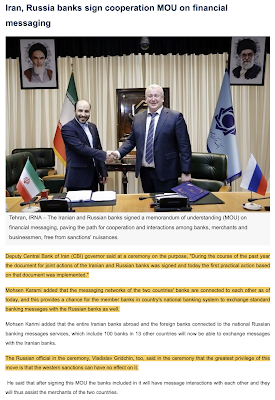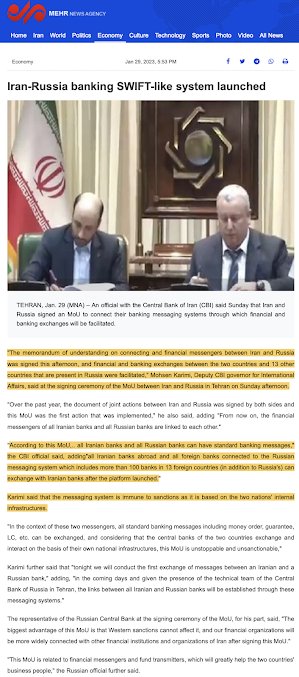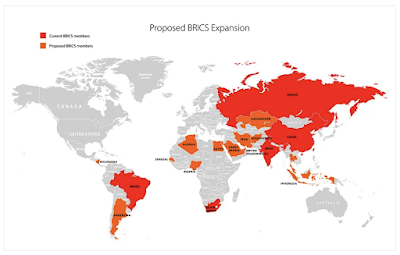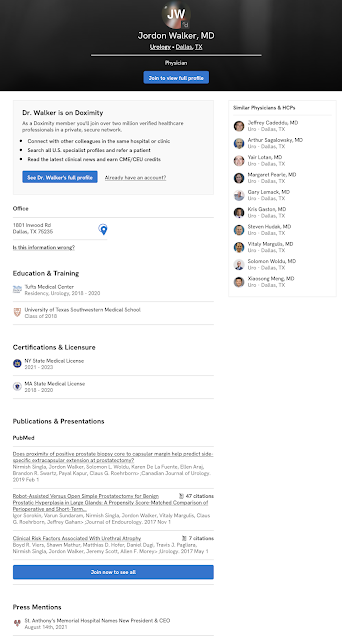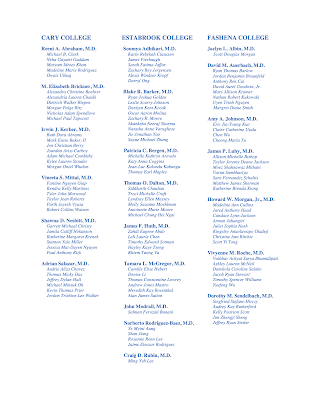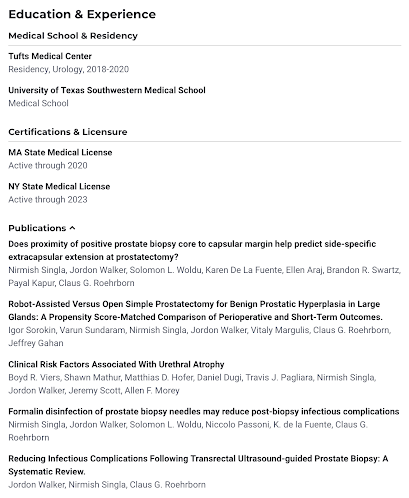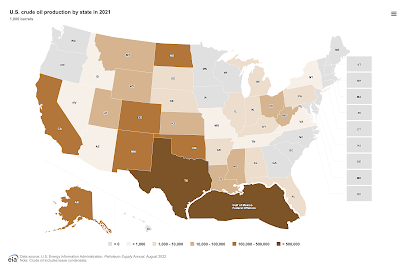On January 10, 2023, the European Union and NATO signed a Joint Declaration in Brussels as announced here:
This is the third Joint Declaration that has been signed by the two parties with previous versions being signed in 2016 and 2018, however, given the current situation in Ukraine, this is by far the most critical. Currently, 12 of 27 of the European Union's member states are already members of NATO with both Sweden and Finland moving toward membership.
Here is a quote from the NATO press release:
"The leaders resolved to address growing geostrategic competition, resilience issues, and the protection of critical infrastructures. Other priority areas of work will include emerging and disruptive technologies, space, the security implications of climate change, foreign interference and information manipulation. The Secretary General underlined that the Joint Declaration “recognises the value of a more capable European defence that contributes positively to our security and is complementary to, and interoperable with, NATO”.
Mr Stoltenberg stressed the importance of NATO-EU cooperation in the context of the changed security environment following Russia’s invasion of Ukraine. He further noted that the NATO-EU partnership “will become even more important once Finland and Sweden become full NATO members,” and that "with their accession, NATO will be protecting 96% of the citizens in the European Union, and a higher share of its territory than ever before.""
In other words, with the signing of Finland, NATO will now add to its shared border with Russia.
Here is the official text of the Joint Declaration which was signed by the President of the European Council Charles Michel, the President of the European Commission Ursula von Der Leyen and the Secretary General of the North Atlantic Treaty Organization Jens Stoltenberg with my bolds for emphasis:
1.) The NATO-EU strategic partnership is founded on our shared values, our determination to tackle common challenges and our unequivocal commitment to promote and safeguard peace, freedom and prosperity in the Euro-Atlantic area.
2.) Today, we are faced with the gravest threat to Euro-Atlantic security in decades. Russia’s brutal war on Ukraine violates international law and the principles of the UN Charter. It undermines European and global security and stability. Russia’s war has exacerbated a food and energy crisis affecting billions of people around the world.
3.) We condemn in the strongest possible terms Russia’s aggression. Russia must immediately stop this war and withdraw from Ukraine. We express our full solidarity with Ukraine and reiterate our unwavering and continued support for its independence, sovereignty and territorial integrity within its internationally recognized borders. We fully support Ukraine’s inherent right to self-defence and to choose its own destiny
4.) Authoritarian actors challenge our interests, values and democratic principles using multiple means – political, economic, technological and military.
5.) We live in an era of growing strategic competition. China’s growing assertiveness and policies present challenges that we need to address.
6.) Persistent conflict, fragility and instability in our European neighbourhood undermine our security and provide fertile ground for strategic competitors, as well as terrorist groups, to gain influence, destabilise societies and pose a threat to our security.
7.) As underlined by both the NATO Strategic Concept and the EU Strategic Compass, this is a key juncture for Euro-Atlantic security and stability, more than ever demonstrating the importance of the transatlantic bond, calling for closer EU-NATO cooperation.
8.) NATO remains the foundation of collective defence for its Allies and essential for Euro Atlantic security. We recognise the value of a stronger and more capable European defence that contributes positively to global and transatlantic security and is complementary to, and interoperable with NATO.
9.) Our mutually reinforcing strategic partnership contributes to strengthening security in Europe and beyond. NATO and the EU play complementary, coherent and mutually reinforcing roles in supporting international peace and security. We will further mobilize the combined set of instruments at our disposal, be they political, economic or military, to pursue our common objectives to the benefit of our one billion citizens.
10.) Building on the 2016 Warsaw Joint Declaration and the 2018 Brussels Joint Declaration, which significantly expanded the breadth and depth of our partnership established more than twenty years ago, we have achieved unprecedented progress across all areas of cooperation.
11.) We have reached tangible results in countering hybrid and cyber threats, operational cooperation including maritime issues, military mobility, defence capabilities, defence industry and research, exercises, counter terrorism, and capacity-building of partners.
12.) As the security threats and challenges we are confronted with are evolving in scope and magnitude, we will take our partnership to the next level on the basis of our long-standing cooperation. We will further strengthen our cooperation in existing areas, and expand and deepen our cooperation to address in particular the growing geostrategic competition, resilience issues, protection of critical infrastructures, emerging and disruptive technologies, space, the security implications of climate change, as well as foreign information manipulation and interference.
13.) In signing this declaration we will take the NATO-EU partnership forward in close consultation and cooperation with all NATO Allies and EU Member States, in the spirit of full mutual openness and in compliance with the decision-making autonomy of our respective organisations and without prejudice to the specific character of the security and defence policy of any of our members. In this context, we view transparency as crucial. We encourage the fullest possible involvement of the NATO Allies that are not members of the EU in its initiatives. We encourage the fullest possible involvement of the EU members that are not part of the Alliance in its initiatives.
14.) We will assess progress on a regular basis.
You will note the repeated references to "strategic/geostrategic competition" to NATO which includes both Russia and China.
In response, here's what Maria Zakharova, Spokeswoman for the Ministry of Foreign Affairs of the Russian Federation had to say in response to the signing, again with my bolds:
"The Joint Declaration on EU-NATO Cooperation, which President of the European Council Charles Michel, President of the European Commission Ursula von der Leyen and NATO Secretary General Jens Stoltenberg signed in Brussels on January 10, 2023, has reaffirmed the EU’s full subordination to the bloc, which is a military instrument being used to ensure US interests. While proclaiming “the importance of the transatlantic bond” and “mutually reinforcing strategic partnership” between the EU and NATO, the declaration is promoting the tasks set out in the NATO Strategic Concept adopted at the bloc’s summit in Madrid in June 2022.
Contrary to all their OSCE obligations, they view security in the Euro-Atlantic area through the prism of standing up to Russia, increasing weapons and equipment supplies to the Kiev regime, enhancing military mobility in the European “theatre of war,” and continuing NATO’s expansion. The declaration’s provision on the secondary or, as the bloc’s strategists put it, complementary role of European defence to NATO has effectively cancelled out the EU’s claim for autonomy in this sphere.
A reference in the document to international law and the principles of the UN Charter is especially hypocritical in light of the bloc’s aggression against the Federal Republic of Yugoslavia in 1999, the invasion of Iraq in 2003, and the bombing of Libya in 2011.
On the global stage, the EU is taking its partnership with NATO to the next level, which amounts to hence joining its geopolitical competition with China and efforts to ensure the bloc’s superiority in protecting critical infrastructures, space, the media and even the security implications of climate change.
The Joint Declaration is the latest accolade to the philosophy of Western superiority. It openly proclaims the intention of the EU and NATO to further mobilise the combined set of instruments at their disposal, be they political, economic or military, to pursue their common objectives to the benefit of their one billion citizens.
Therefore, they view the rest of the world as a hostile medium, which must be reformed with the use of these instruments. This is nothing new. EU High Representative Josep Borrell has already described the EU as a garden and the rest of the world as a jungle that might “invade the garden.”
In reality, it is not the jungle that is invading Brussels’ “garden,” but the EU and NATO that are stepping on the rake of the unipolar world again. The instability, conflicts and tensions on the NATO-EU periphery, which concern them so much, just like the food and energy security crises Brussels is blaming on Russia, are a direct result of NATO’s “humanitarian interventions” and the EU’s attempts to force countries to pursue the “correct” foreign and economic policies. Commenting on the latest developments in Bosnia and Herzegovina the other day, EU Lead Spokesperson for Foreign Affairs and Security Policy Peter Stano openly said that the EU has a toolbox it can use “to make sure that [the EU] policies or standards are being followed.” Just like that, plain and simple.
It is clear that NATO’s and EU’s confrontational approach towards states that pursue independent foreign policies, and their attempts to divide the world into “us and them” will only hinder the peaceful settlement of conflicts and weaken international security against the persisting challenge of terrorism, which has been mentioned in the declaration.
The Americans’ motives are crystal clear. They want to pull the EU into the “geostrategic competition,” as it is described in the declaration, which Washington has launched so that Europe will play the role of America’s vassal, rapidly ceding its political and economic positions and hence becoming increasingly more dependent on the United States."
Moscow views the West's efforts to promote the war in Ukraine as just another development in its decades-long existential struggle to destroy Russia (aka the Soviet Union) and, in Washington's world, its leadership is more than willing to sacrifice Europe (and Ukrainians for that matter) to see its agenda for the preservation of America's role in a unipolar world protected. Unfortunately for the American ruling class, China and Russia seem to have alternative plans for their collective roles in a rapidly evolving multipolar global reality, plans that could ultimately end up creating the unthinkable war that no one will win.
I think that closing this posting with these recent and timely comments from Germany's Foreign Minister Annalena Baerbock regarding the sending of Polish tanks to Ukraine is pertinent:
